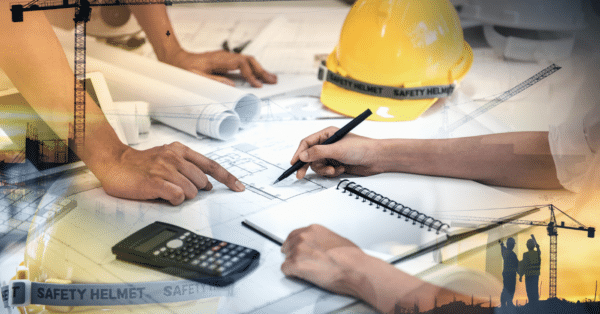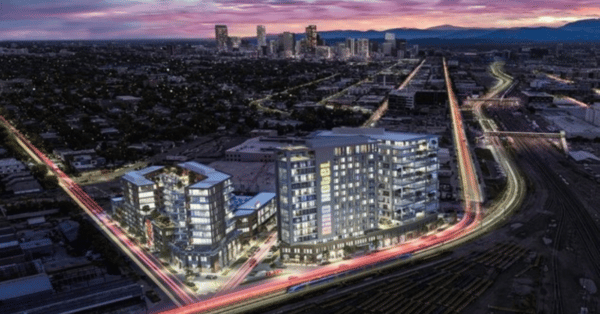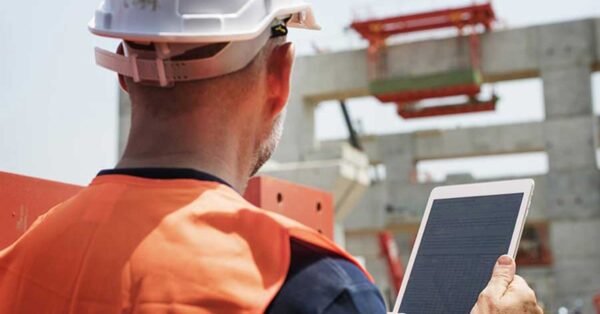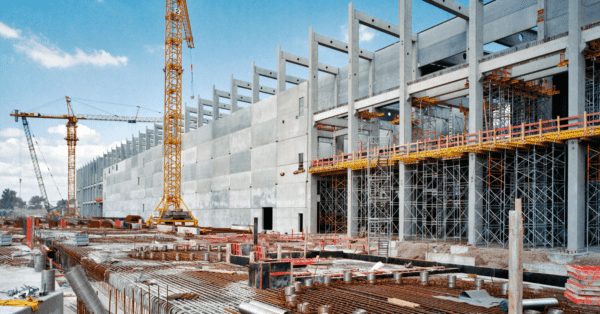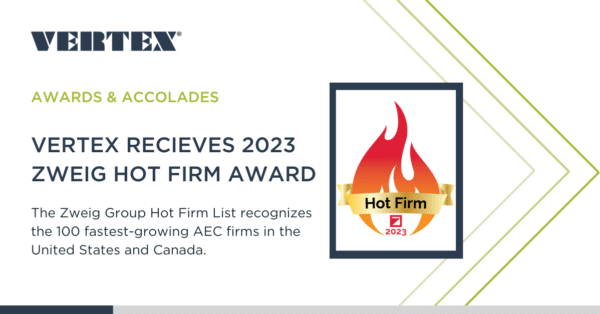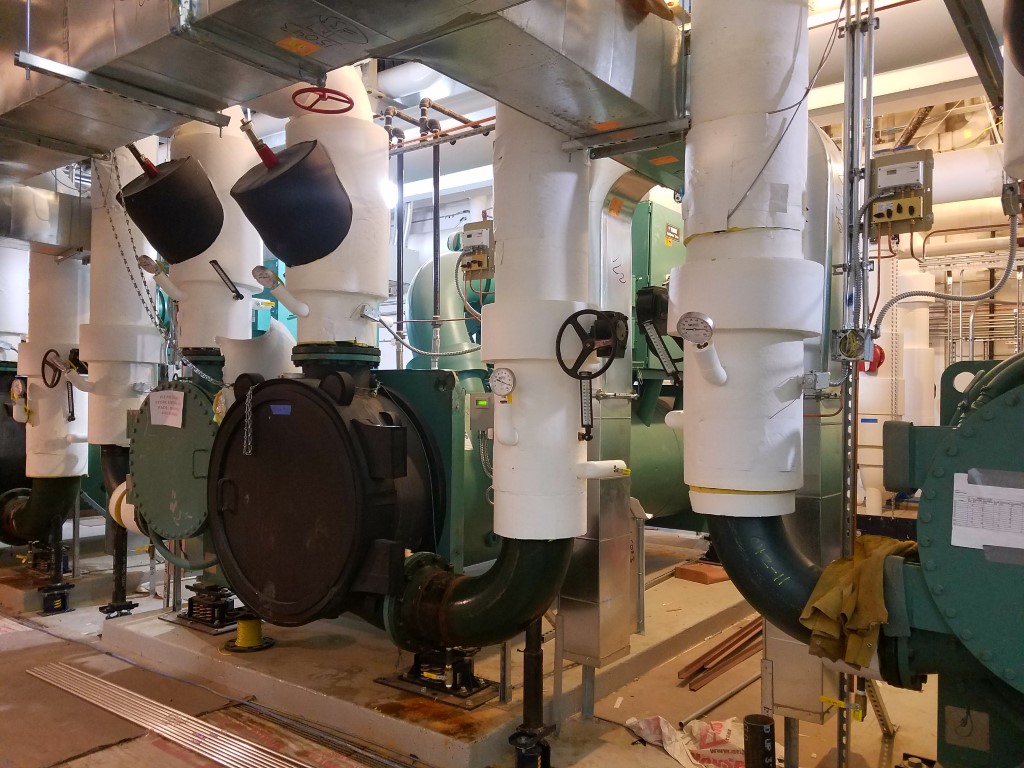What is Building Commissioning?
Building Commissioning is a process that provides documented verification that fundamental building systems and components are designed, installed, and performing as intended with respect to the basis of design (BOD), owner’s project requirements (OPR), and sustainability requirements. The 2018 International Energy Conservation Code requires commissioning for any building with a total cooling capacity exceeding 40 tons and a total heating capacity exceeding 600 MBH. Additionally, Leadership in Energy and Environmental Design (LEED) building certification standards incorporate commissioning as a key element to improve overall building performance.
But, building commissioning certainly isn’t a new concept. The United States Navy has been using this process—which verifies and documents that all fundamental systems are designed, installed, and function properly—for its ships and submarines for years. As building systems have become more complex and system integration more necessary, building owners are turning to commissioning to ensure that all requirements have been met and are performing as they should. Commissioning provides total quality assurance, from design to construction to building acceptance and warranty.
How Does the Building Commissioning Process Work?
The commissioning process should be integrated into each phase of a project starting with conceptual design, proceeding through detailed design, continuing into construction, and finally during system acceptance and post-acceptance with system delivery to the building owner. The phases of the commissioning process include:
- Conceptual Design – Assist in the development of the BOD and OPR
- Detailed Design – Review design documents for compliance with BOD/OPR
- Construction – Review construction documents for compliance with BOD/OPR and contract documents, applicable submittal review
- Acceptance – Verification of system performance, documentation, Operation & Maintenance Manual training
- Post Acceptance – Seasonal testing, retesting and final report, operational review
Types of Building Commissioning
- New construction – Performed on buildings that are in the design or construction phase. A proactive approach to implementing efficient systems and strategies.
- Re-commissioning – Performed on buildings that have previously been commissioned. Building owners may want to take advantage of new technologies or make performance enhancements to ensure optimal efficiency.
- Retro-commissioning – Performed on existing buildings that have never been commissioned before. Systems are tested and adjusted for optimal performance. Provides added value through no-cost or low-cost improvements.
- Monitoring-based commissioning – Uses technology and automation tools to monitor and address energy and performance issues as they arise, ensuring persistent and optimal efficiency.
How Does Commissioning Benefit a Building Owner?
Though it’s an important element of sustainable design, commissioning offers more than just the ability to check off a box for LEED certification. There are measurable, bottom-line benefits for building owners that are required or choose to go that route. For example, industry sources indicate that on average the operating costs of a commissioned building range from 8% to 20% below that of a non-commissioned building [1]. The benefits of commissioning include:
- Operating cost savings
- Energy cost savings
- Fewer change orders during construction
- Fewer contractor construction defect claims
- Reduced project delays
- Better communication among the project team
- Higher system reliability
- Reduced building maintenance
- Longer lifecycles for building equipment
- Improved air quality
- Comfortable environment for building occupants
How Can VERTEX Help?
VERTEX’s team of engineering professionals has both the experience and expertise with the commissioning process to help you get more out of your building systems.
To learn more about VERTEX’s Building Commissioning and Forensic Engineering services or to speak with an Engineering Expert, call 888.298.5162 or submit an inquiry.
